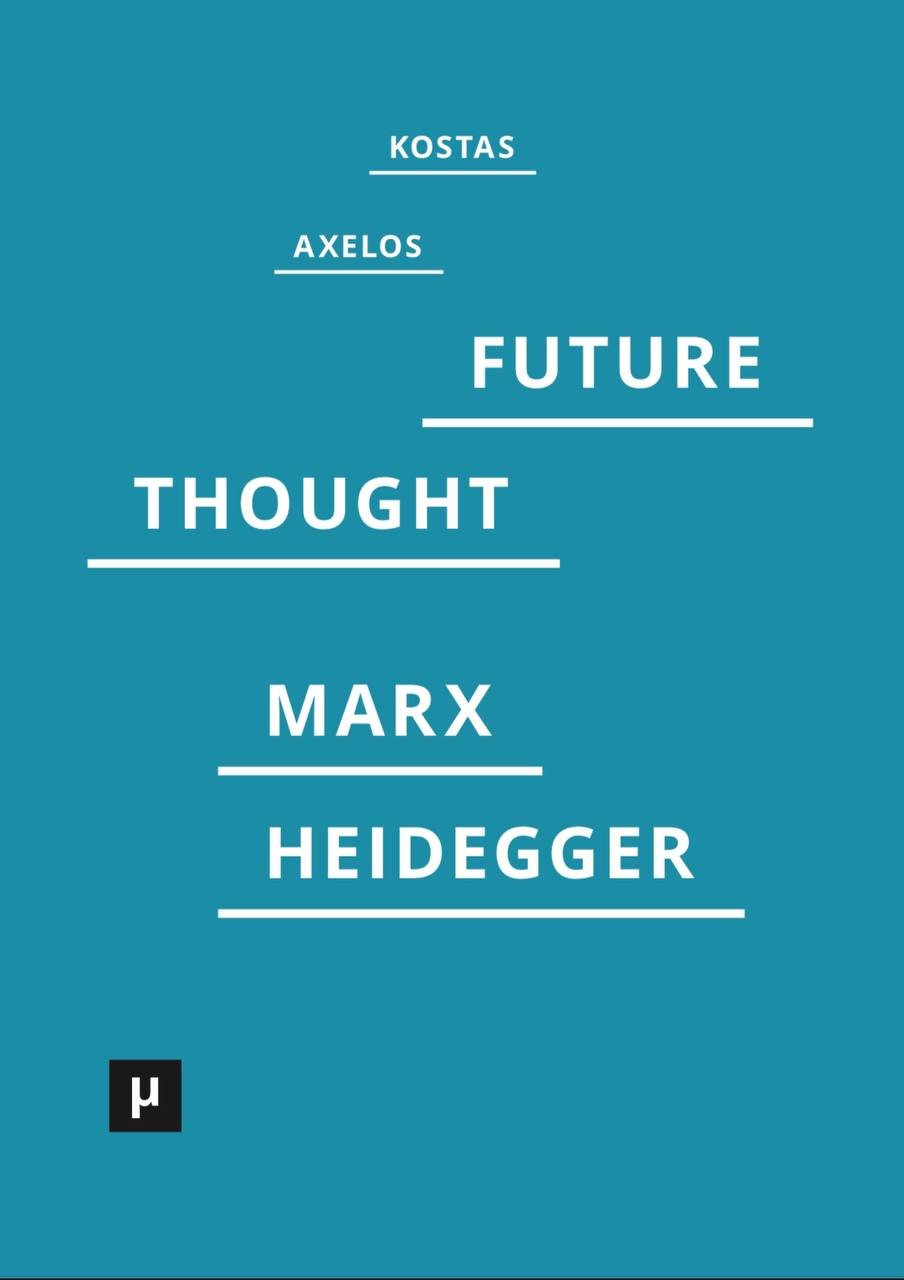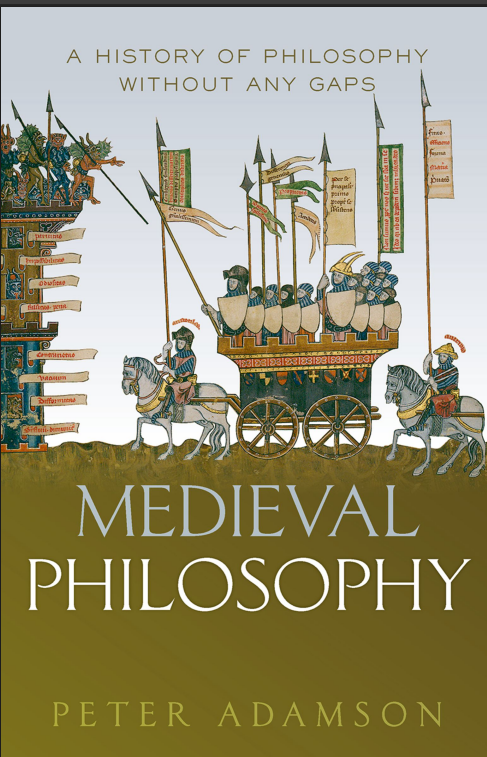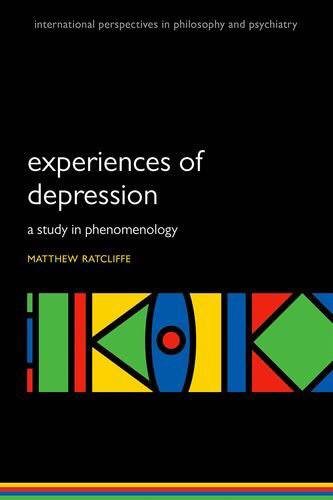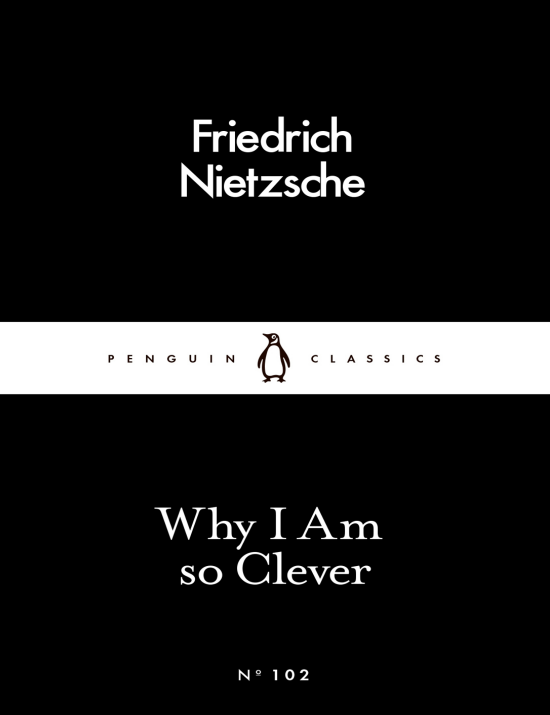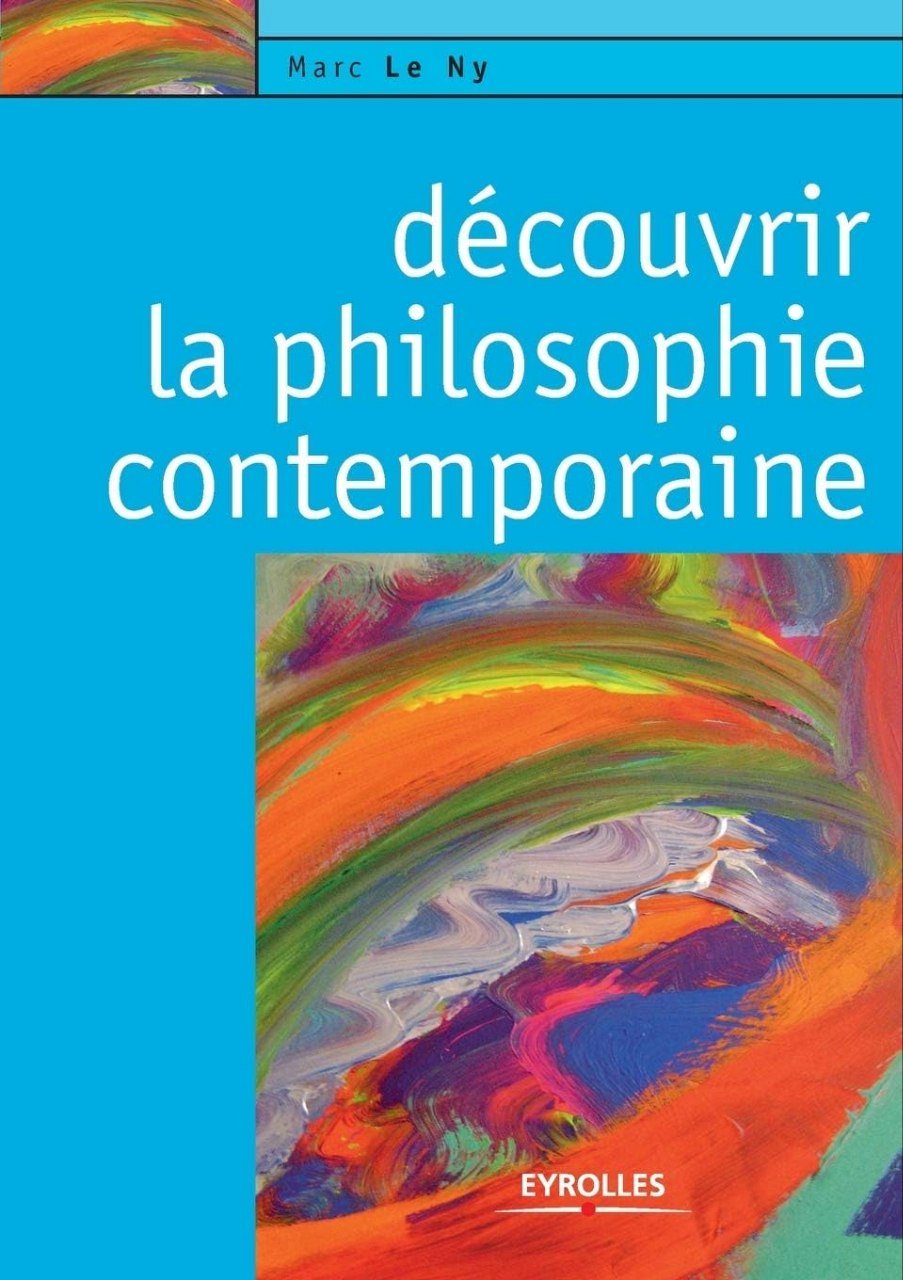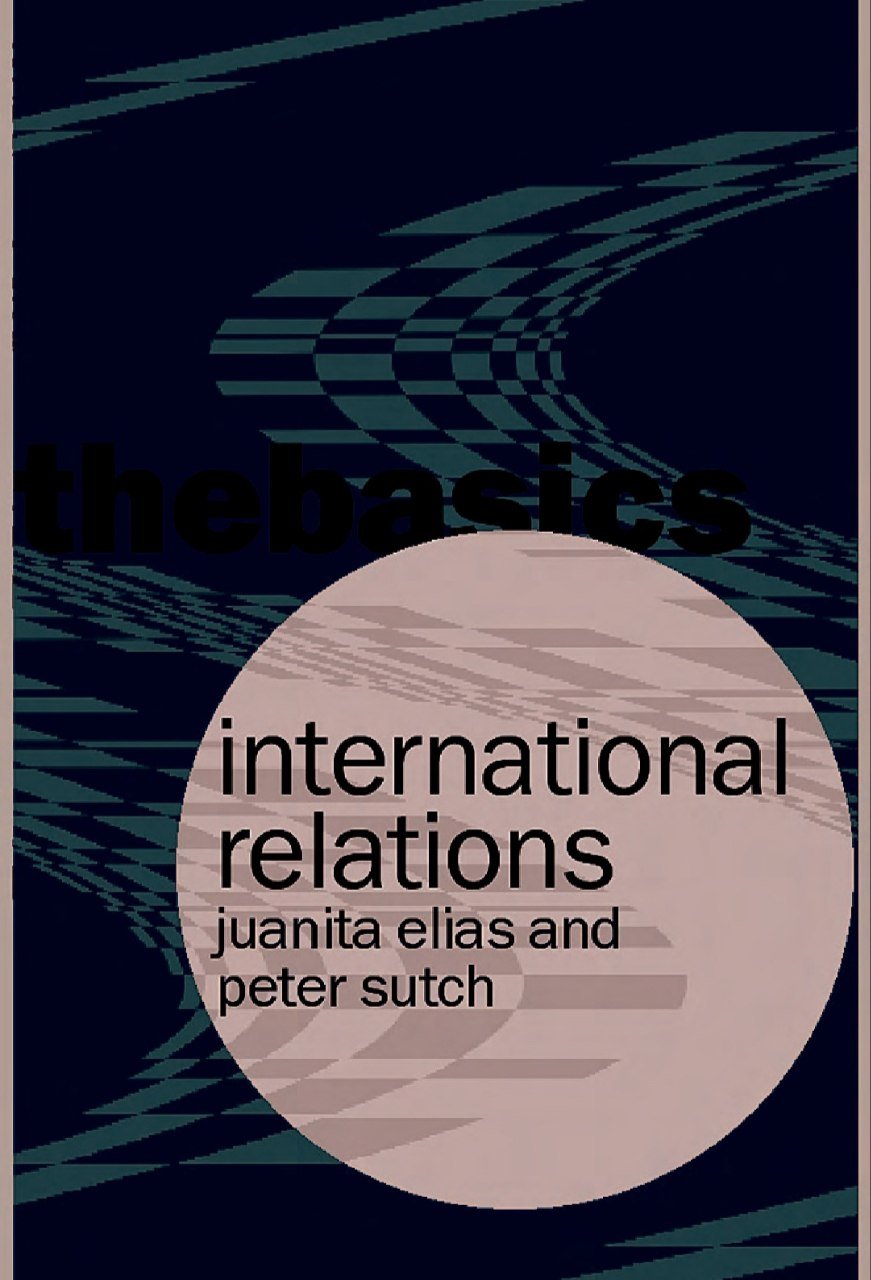

Toward an Architecture of Enjoyment
Reviews
No review yet. Be the first to review this book!
Description
Toward an Architecture of Enjoyment by Henri Lefebvre is a thought-provoking exploration of the relationship between architecture, space, and human pleasure. Written in 1973 but unpublished until decades later, this book delves into how built environments can and should be designed not merely for function or aesthetics, but to enhance human enjoyment and lived experience. Lefebvre critiques the dominant paradigms of architecture and urban planning that prioritize efficiency, control, and commodification, arguing instead for spaces that encourage playfulness, freedom, and sensual engagement. Drawing from his broader theories of the production of space and everyday life, Lefebvre envisions an architecture that fosters happiness and leisure—spaces where individuals can experience joy and fulfillment beyond the constraints of consumerism and modern industrial society. He advocates for a radical rethinking of architectural practice, emphasizing creativity, social interaction, and the human body as central to the design process. Toward an Architecture of Enjoyment stands as a visionary manifesto that challenges architects, urban planners, and theorists to imagine and create spaces that prioritize human pleasure and the richness of lived experience. It is an essential contribution to Lefebvre’s extensive body of work on space, modernity, and the possibilities for a more humane and enjoyable world.












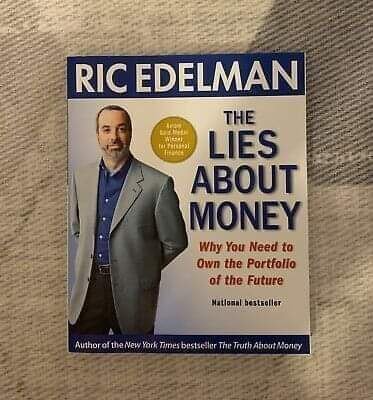





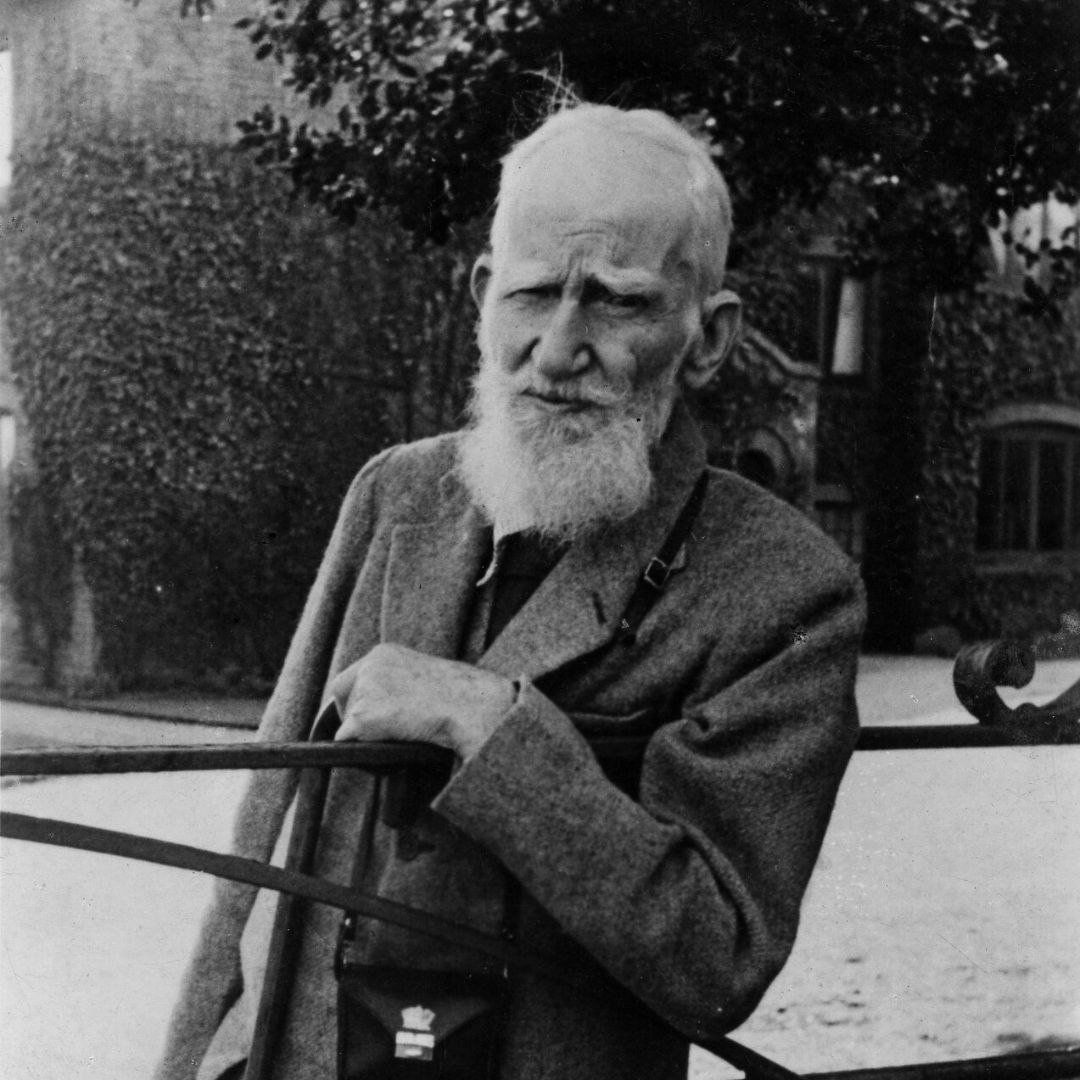




.jpg)





.jpg)
.jpg)

.jpg)












.jpeg)







.png)
.jpeg)
.jpg)
.jpeg)

.jpeg)








.jpeg)




.jpg)




.jpg)









.jpg)







